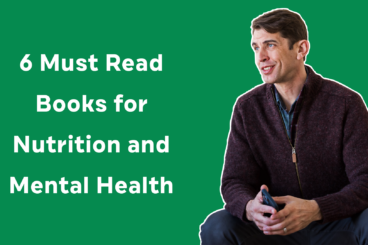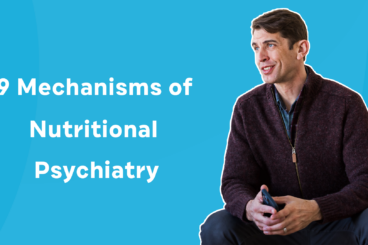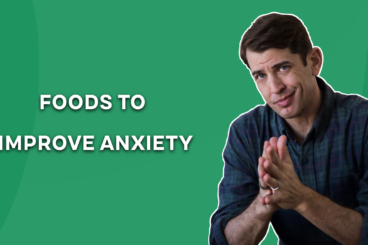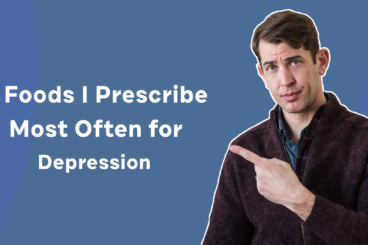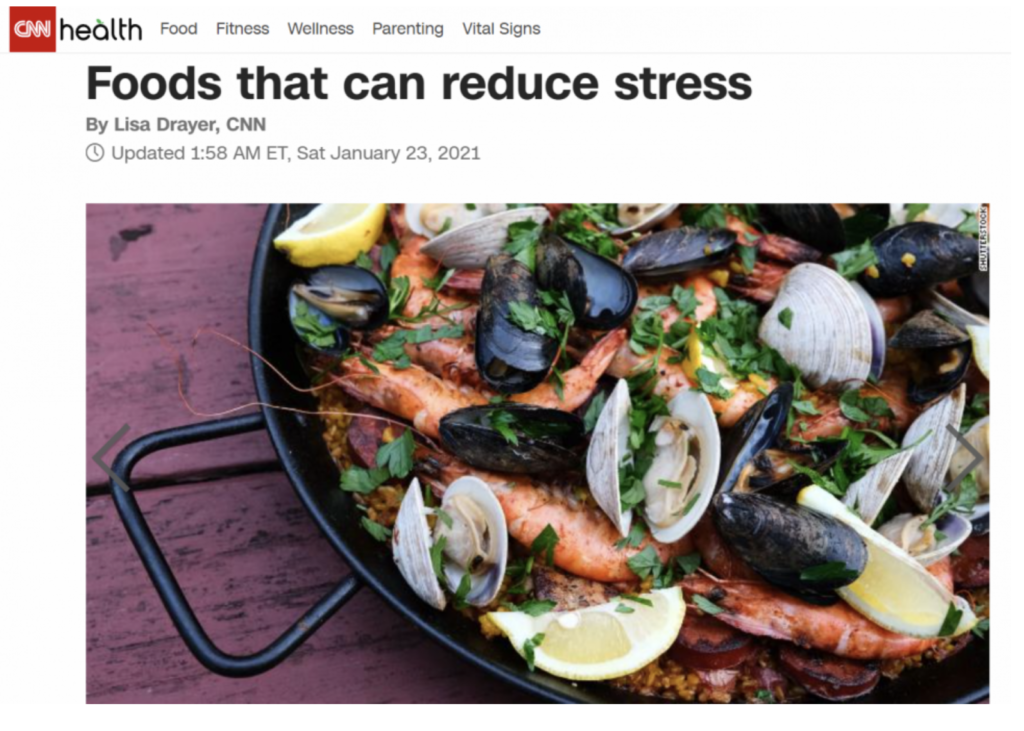
If there’s one thing we can all agree on, it’s that stress levels are high these days. It’s easy to feel like there’s nothing we can do about it.
That’s why I was really happy to talk with CNN about the ways we can take charge of our stress and mental health using food.
How can food influence stress? We mostly think of stress influencing what we eat, “anxious eating”, reaching for snacks and comfort food, or for severe stress, eating less food due to an impaired appetite. Nutritional Psychiatry asks us to flip the script and think about how food influences how our minds perceive stress and trigger physiological responses.
Instead of thinking of food as ‘stress eating’ or ‘guilty pleasures,’ we can think of using food to shape the lens in how we experience stress.
To help modulate the many stressors we are all experiencing, we highlighted some of Nutritional Psychiatry’s favorite foods:
OILY FISH AND SHELLFISH
The longest, most complex fat you eat is DHA, a “long-chained” omega-3 fat. With all the hoopla about omega-3 fats and fish oil supplements, a lot of people missed the memo that omega-3 fats from plants and animals are different. I’m a big fan of plants, but for some nutrients like long-chained omega-3 fats, vitamin B12, and complete protein there are better options. There is a reason seafood is linked to more robust mental health and while seafood occupies three of the top five spots on the Antidepressant Food Scale (AFS).
RED PEPPERS
Another top nutrient when it comes to brain health is vitamin C. Most folks think of oranges as the best source for vitamin C, but next time grab a red pepper! One red pepper has over 150 percent the recommended daily intake. This is one major reason that red peppers are also one of the “power players” I describe in my new book, Eat to Beat Depression and Anxiety.
FERMENTED FOODS
The microbiome, meaning all the bacteria, viruses, and even parasites that reside in your gut….influence how you experience stress, the clarity of your thoughts, and quality of your mod. That’s why we talk a lot about fermented foods in the Brain Food Clinic. I know my diet has changed a lot because of this research and I’m eating more kefir, kombucha, sauerkraut, kimchi, miso, and even a bit of sourdough (yes I am trying to feed my microbiome with toast. Don’t judge me lol.) There are so many options when it comes to these powerful foods and they are great for our microbiome and mood. One of my favorites in this category, and another power player in my new book is kefir. My go-to kefir recipe? A kefir-based, nut and banana smoothie.
This smoothie packs a healthy dose of healthy probiotic bacteria for the microbiome as well as potassium, nuts, cinnamon and cacao for their many anti-inflammatory properties. It’s a fantastic energy and brain boost!
As a nutritional psychiatrist, I understand that mental health is complex. I also understand that we get to decide how we feed our brains with each meal. Food has the power to be medicine when we approach it this way. I hope you check out the article from CNN and are curious to learn more about the new science of mental health and food that I cover in Eat to Beat Depression and Anxiety now available for pre-order!
